The Super Bowl stank, but Atlanta came up roses
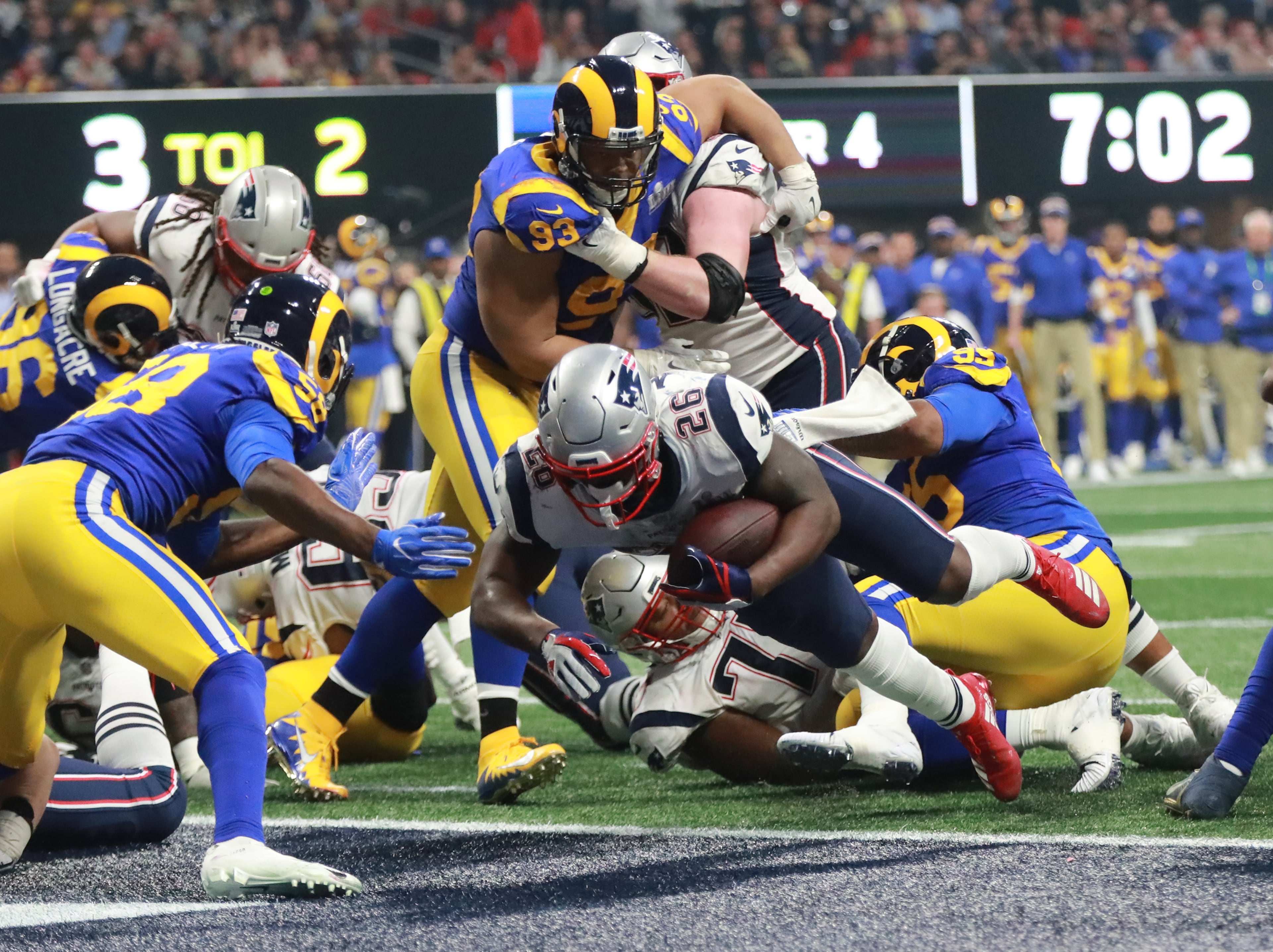
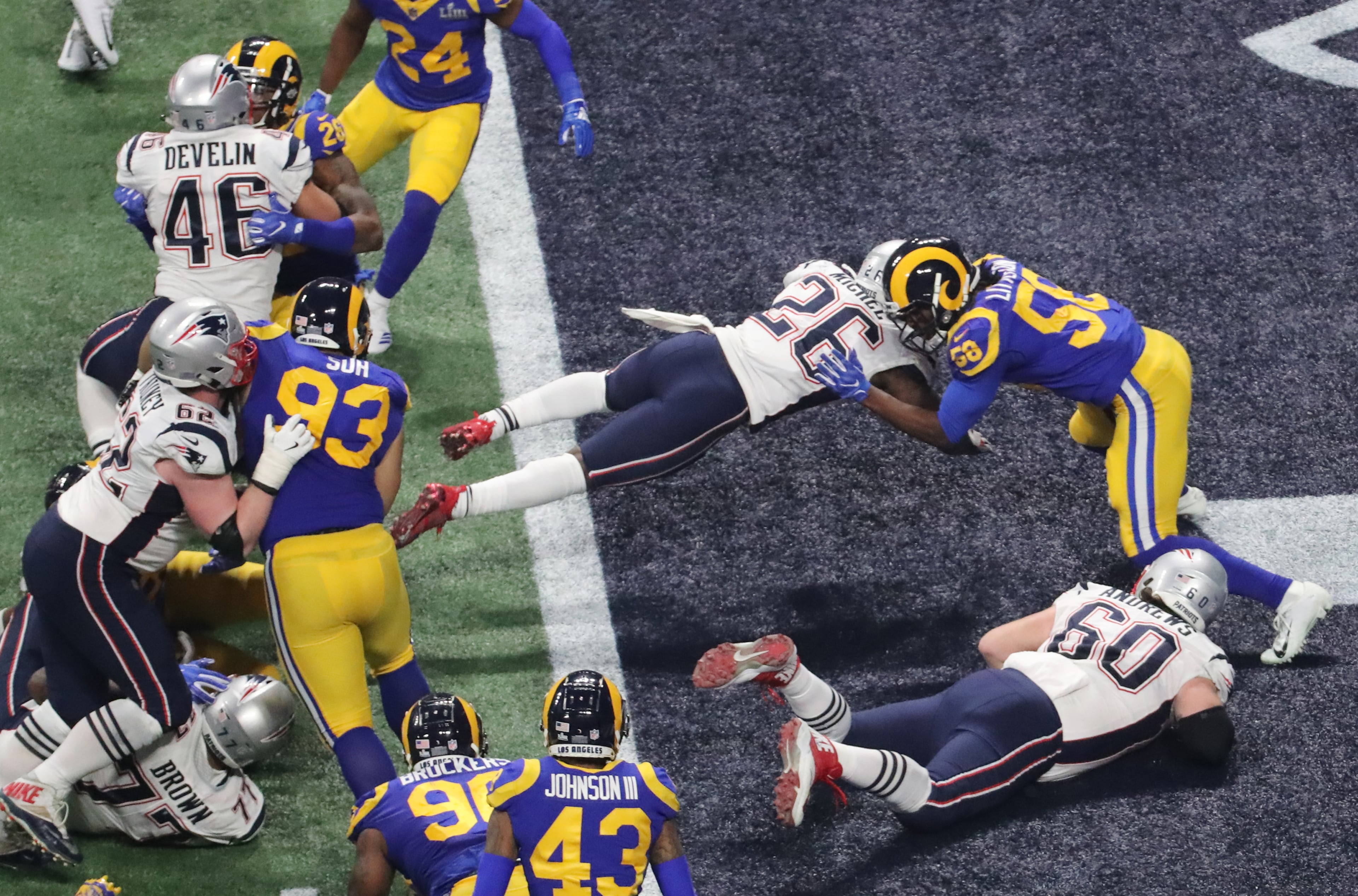






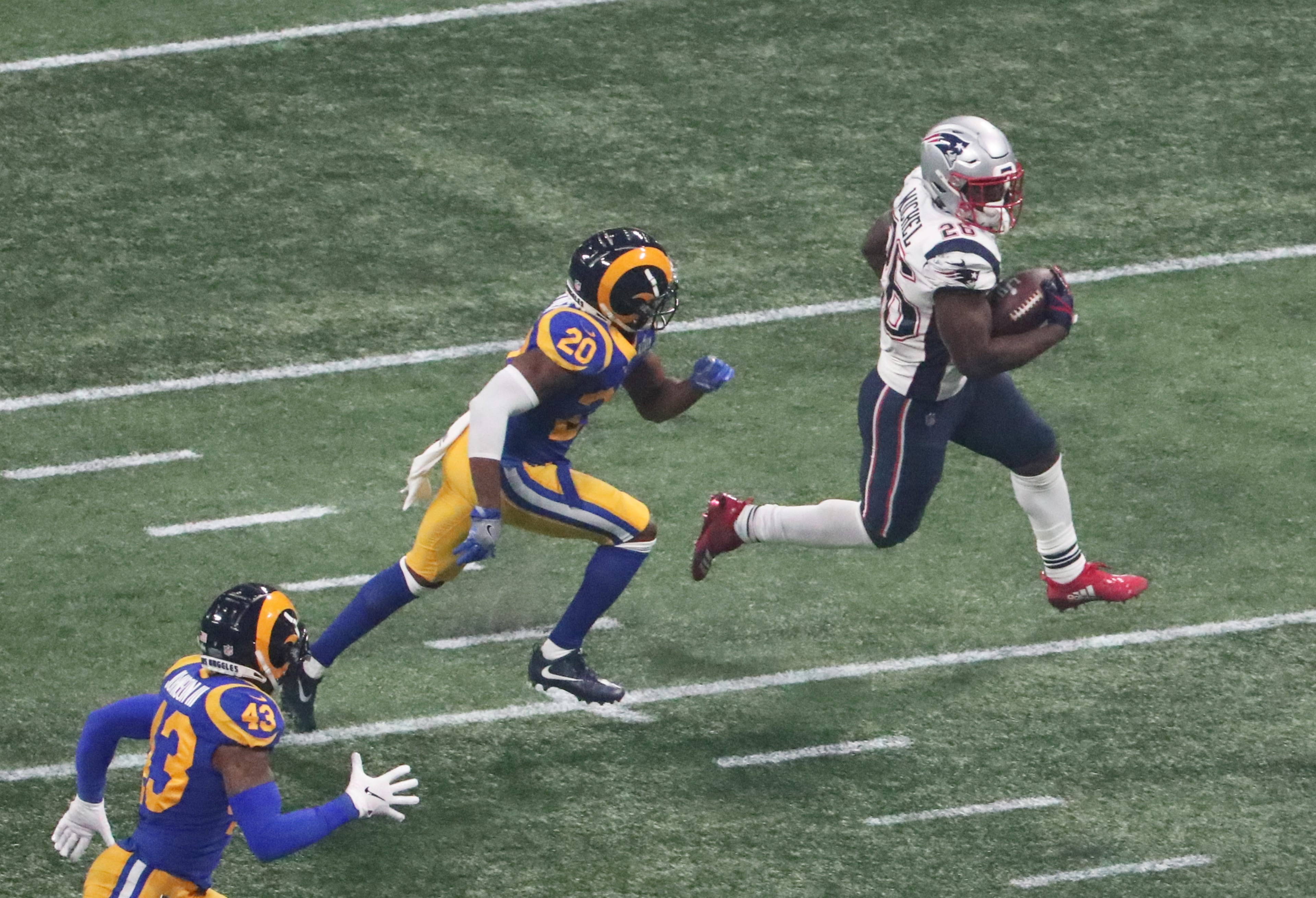




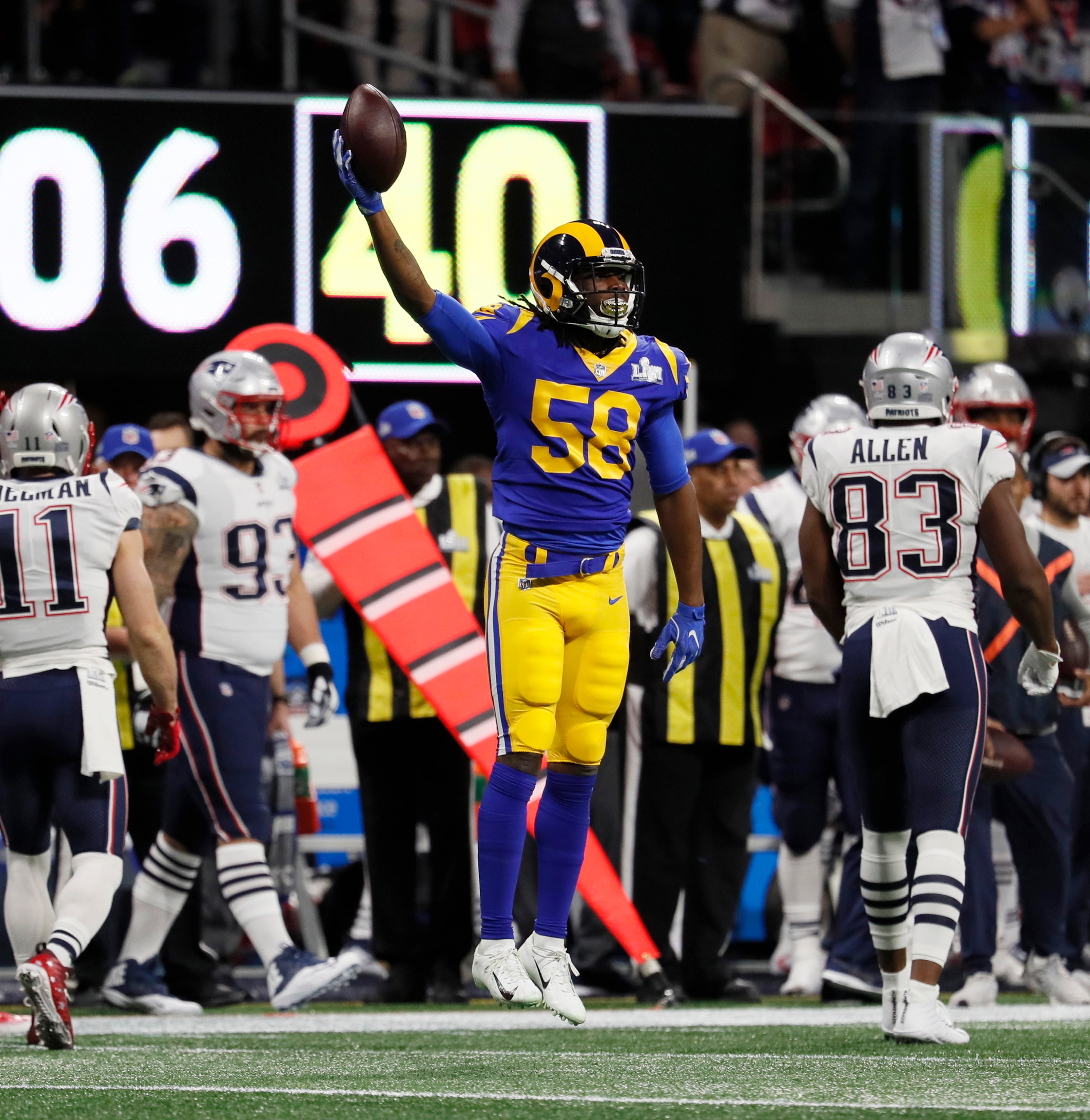
















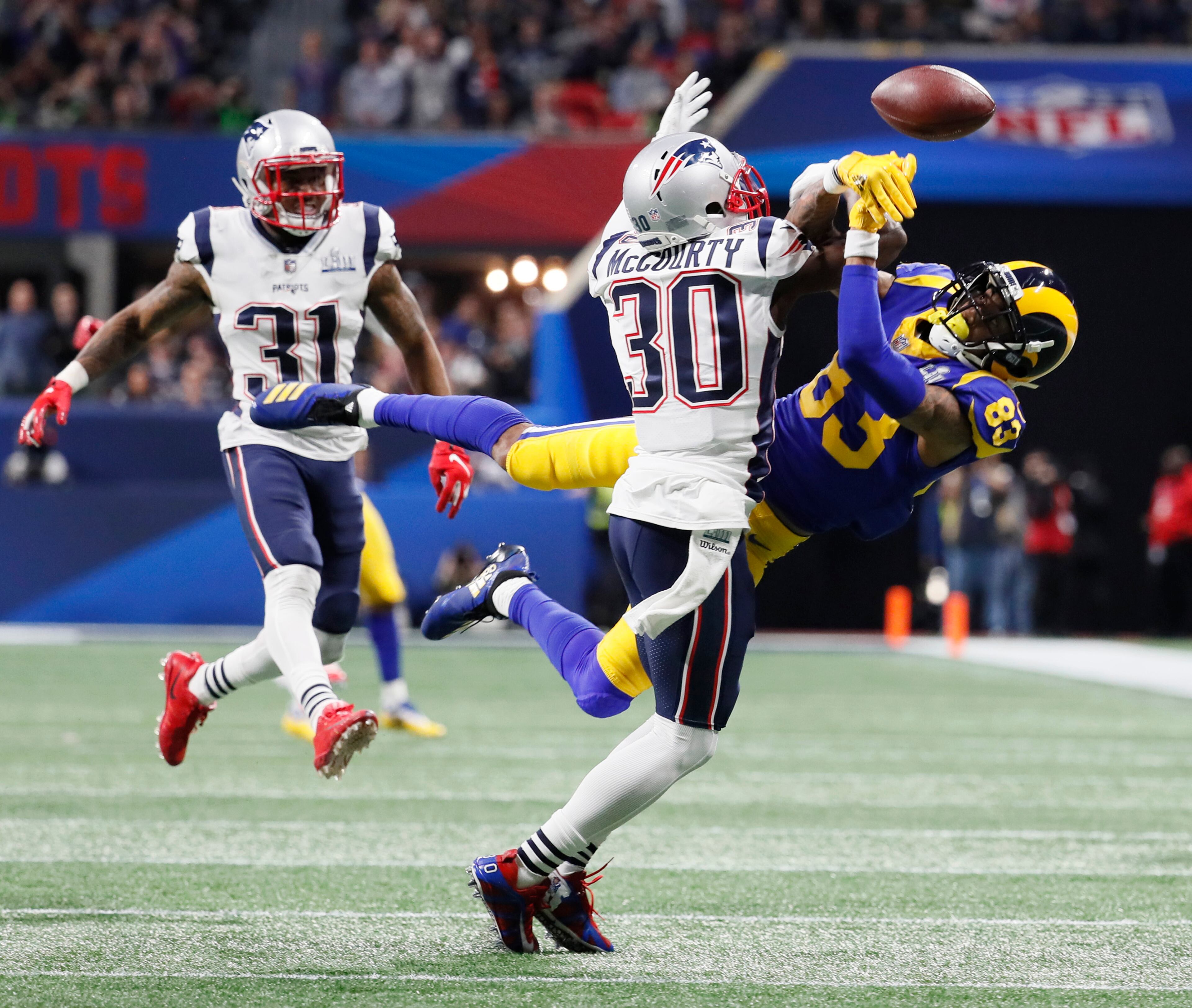
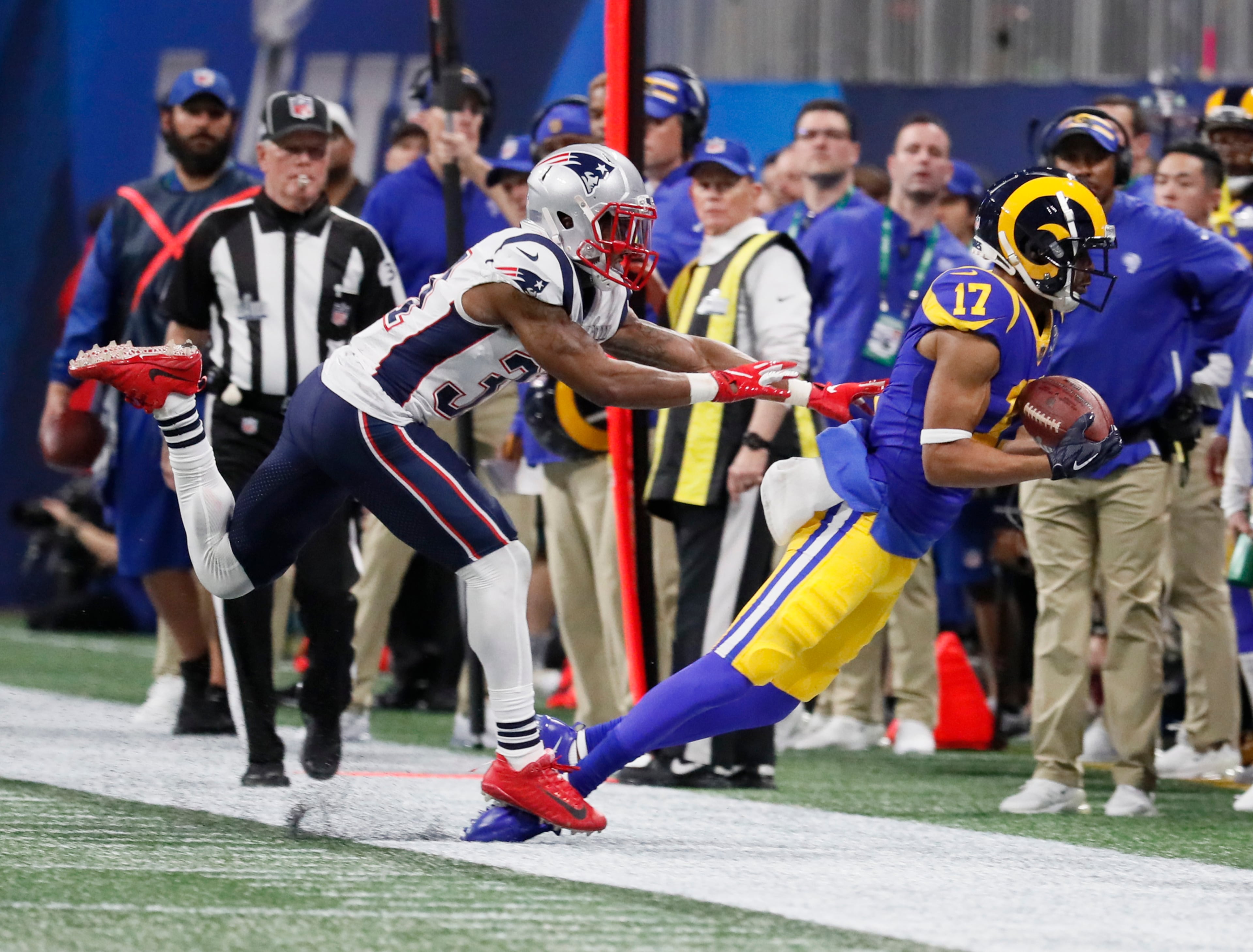

















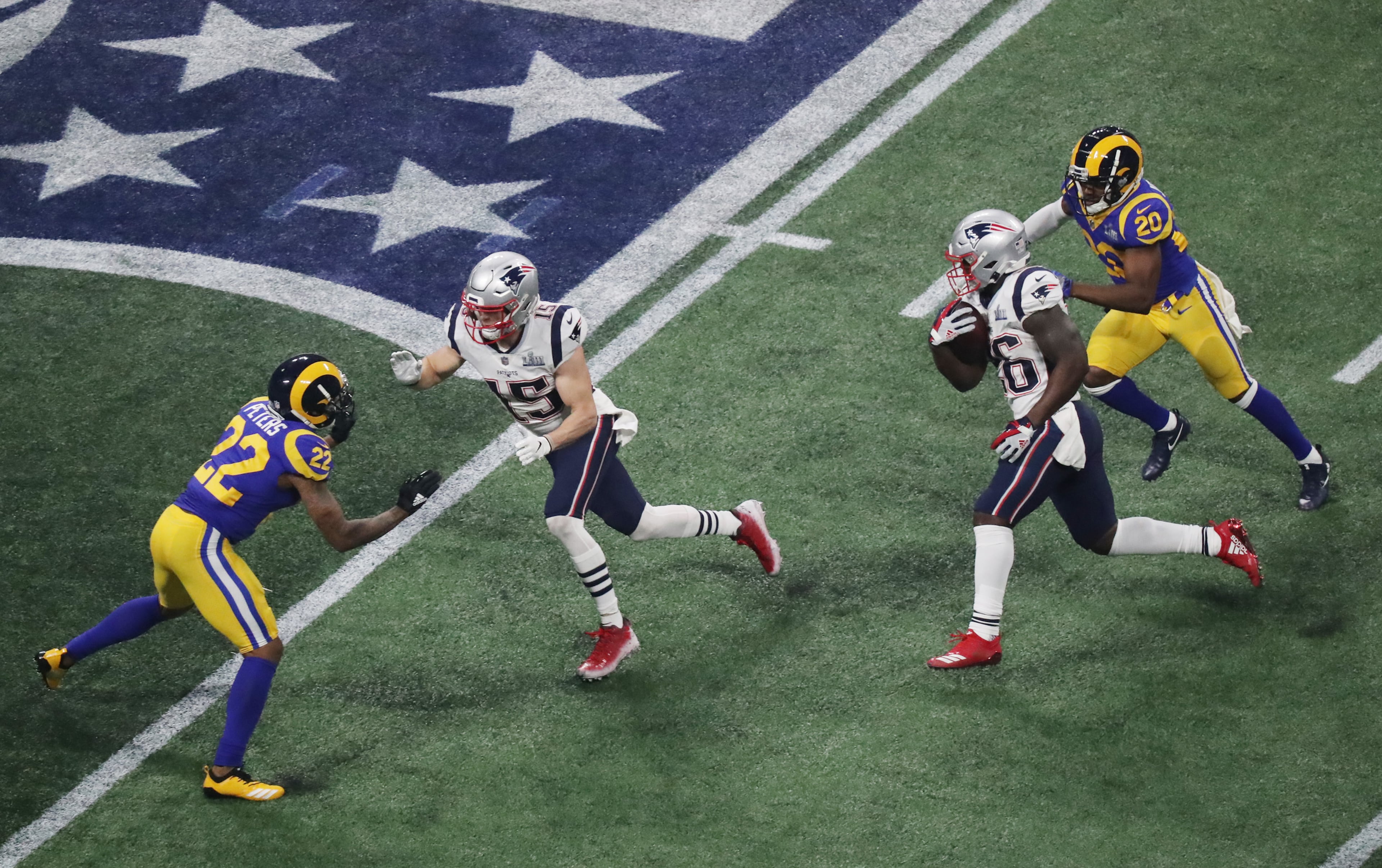





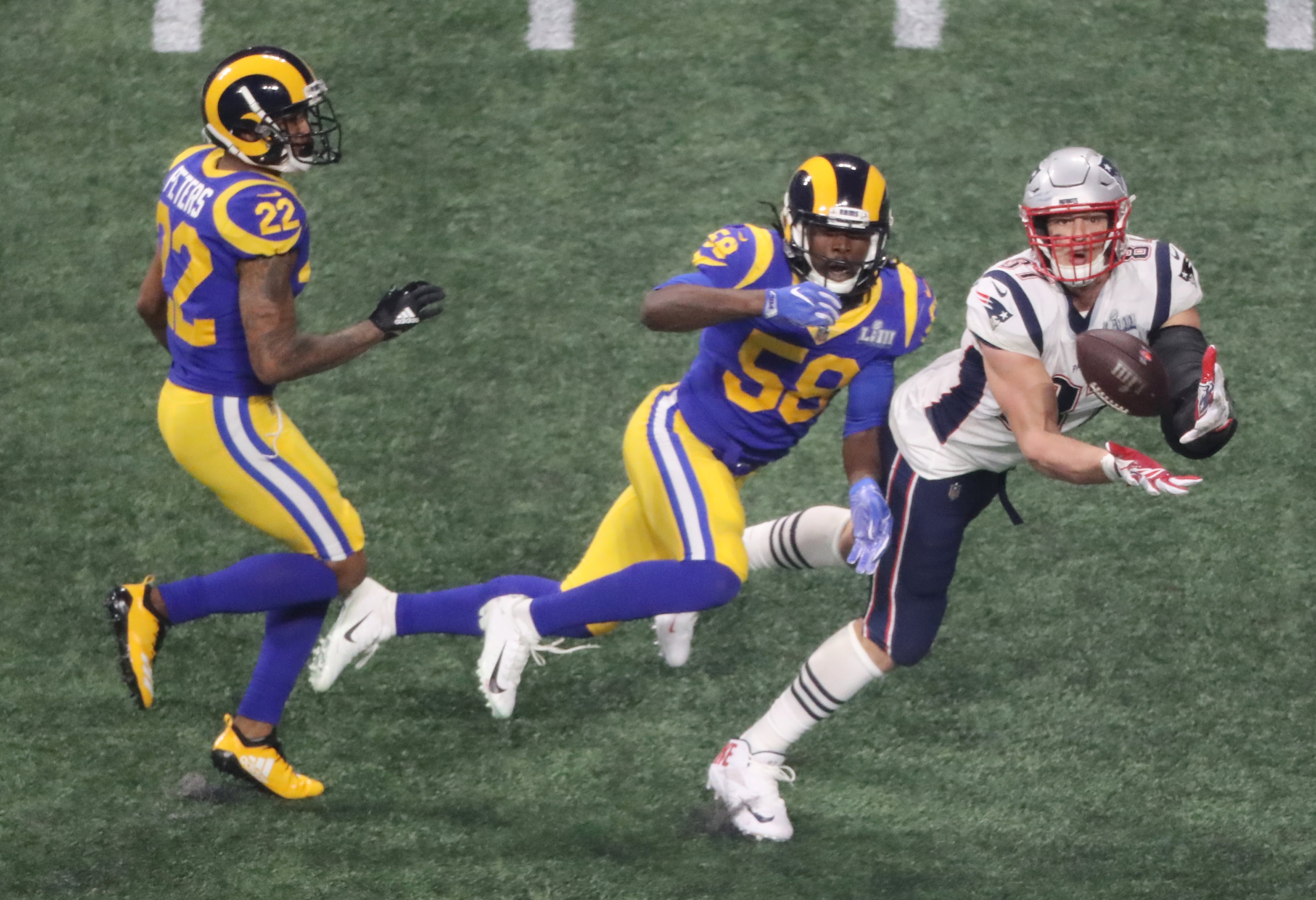


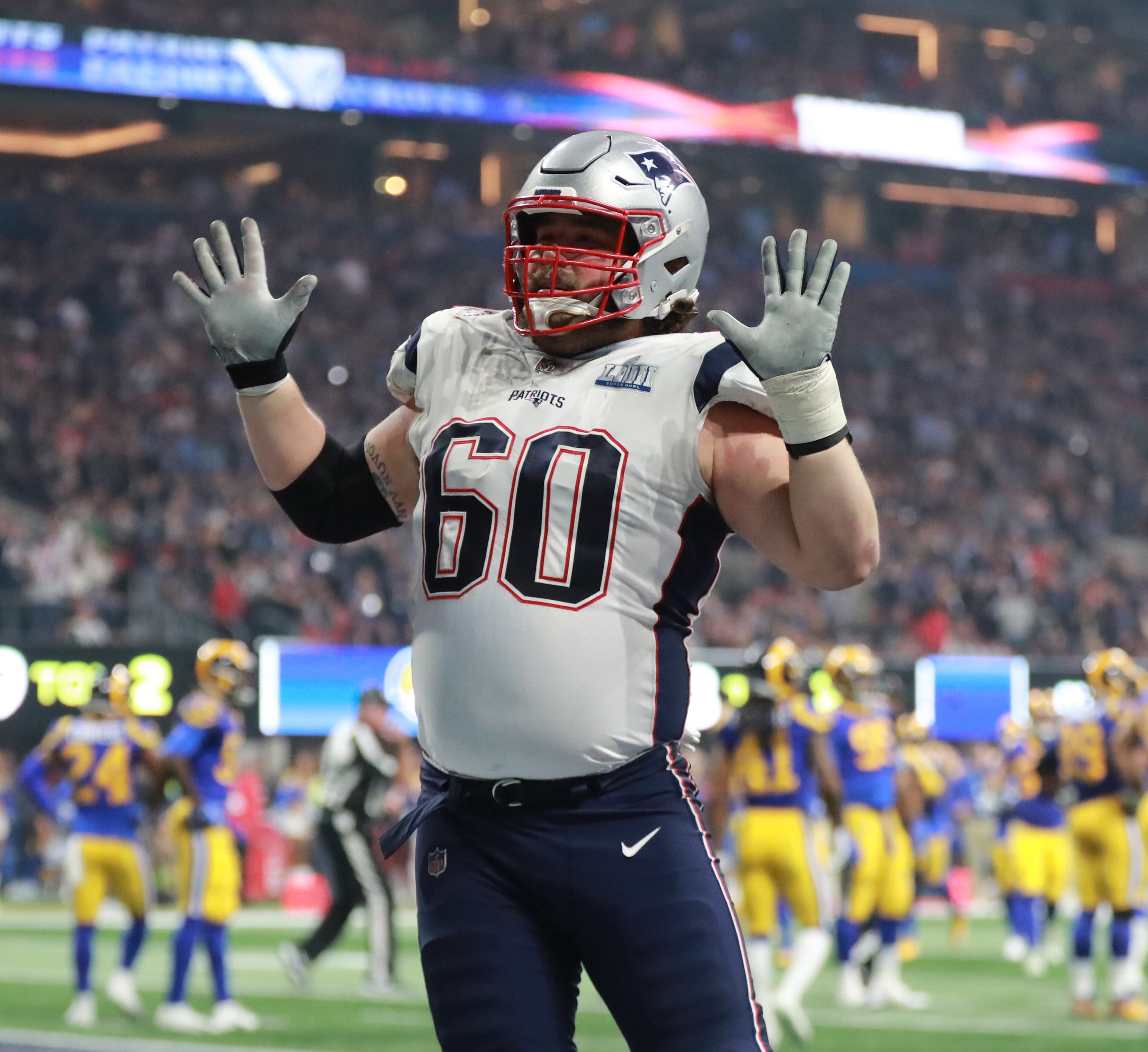













It’s usually the other way around: The game itself bails out Atlanta. We think of the 2000 Super Bowl, which featured a classic finish in between an ice storm and a Buckhead murder. We think of the 2003 NBA All-Star Game, preceded by its astonishing-even-by-our-standards Saturday gridlock. We think of the 2018 College Football Playoff title tilt, which saw a Presidential pop-in, long lines of patrons trying to enter/exit and the leakage sprung in a roof that cost a half billion dollars.
This was different and, if you’re an Atlantan, this was far, far better. Our city did well, even if Super Bowl LIII itself was the sporting equivalent of watching a pricey roof leak.
As an Atlantan of 35 years, I expect the absolute worst when big events roll into town. For once, this doom-and-gloomer was pleasantly surprised-bordering-on-shocked. Crowds were huge but seemed to move well enough. MARTA did what MARTA is supposed to do at such times. We didn’t get snow/ice. We didn’t suffer a traffic jam that we’d have spent the next decade trying to explain away.
Heck, even the roof — "the hardware," as Arthur Blank put it — worked. It opened. It closed. It did not leak. Hallelujah!
That means that we're now a lock for more Super Bowls soon, which I guess is a good thing, provided we include this condition in our civic bid: "Under no circumstances do we want another 13-3 game!"
Two NFL teams that had combined for 28 victories and 1,097 points contrived to play 60 minutes and score one touchdown. Watching from the press box, it seemed an incongruity — a close game that was also a bad game. I imagine it felt much worse watching from home, where flipping over to HGTV would have become a more enticing notion with every punt, of which there were, ye gods, 14. (There was one punt in last year's Super Bowl, FYI.)
Confession: Pinball football can leave me cold, too. The best games — apologies for sounding pedantic — are a balance between offense and at least some defense, not that anybody in the neo-NFL defends the way it was done back in the day. (Apologies also for sounding like a codger.) There was no balance to Super Bowl LIII. The Patriots and Rams either played great defense or bad offense, and in the built-for-points NFL it’s almost impossible for a good team to be bad at offense. But this game was 3-3 after 50 minutes, something none of the previous 52 Super Bowls had been.
When we seek to ascribe what we just saw as the beginning of a new era, we usually overreach. That was how the Rams’ careening 54-51 victory over the Chiefs on Monday night was hailed back in November, and who could have imagined a season that yielded 54-51 would end on 13-3? We need to guard against any suggestion that Super Bowl LIII offers a road map to the 2019 season and beyond. The six-man front that Bill Belichick threw at the Rams won’t become a league-wide standard. There is, we note, only one Bill Belichick.
That said, it could take the formerly ascendant Rams a while to get over this. In two seasons under Sean McVay, they’d become the sleekest crew going. (Well, they and the Chiefs.) Their Super failure was so complete that we now need to ask: Is Jared Goff, the 24-year-old quarterback, really all that good, or did McVay’s schemes simply prop him up? Also: What in the world were the Rams doing with Todd Gurley? If he was hurt, why was he playing at all? If he wasn’t hurt, why wasn’t he playing every down?
The pre-Super belief was that the Rams had stamped themselves as the NFC’s new power. That’s a tag once affixed to the Falcons, who led Super Bowl LI by 25 points with 17:07 left in regulation and haven’t been the same since. Losing the Super Bowl can be a horrible thing. The Panthers were 17-1 when they faced Denver in SB 50; they managed but 10 points and looked awful doing it. They’ve gone 24-25 thereafter.
The Rams are young, which means they should only get better. Had they lost to the Patriots 31-28, there’d be no thought of stunted growth. By losing 13-3, they’ve guaranteed themselves an offseason of doubt/scorn. In one forlorn night, a rising power became the butt of jokes. We’ll see if McVay and Co. can navigate the choppy waters ahead.
As for the Patriots, there’s nothing more to say. So we won’t say anything.
Among non-blowout Super Bowls, this one rivaled the fifth installment — the one between the Colts and Cowboys in January 1971 pockmarked by 11 turnovers — as the least compelling. Even Patriots fans will find it tough to get the warm-and-fuzzies when recalling this one.
In a way, though, that’s another victory for Atlanta. The best part of Super Bowl LIII had nothing to do with the game or the forgettable-by-design halftime show. The best part of SB LIII was its host city, which was, believe it or not, us.

